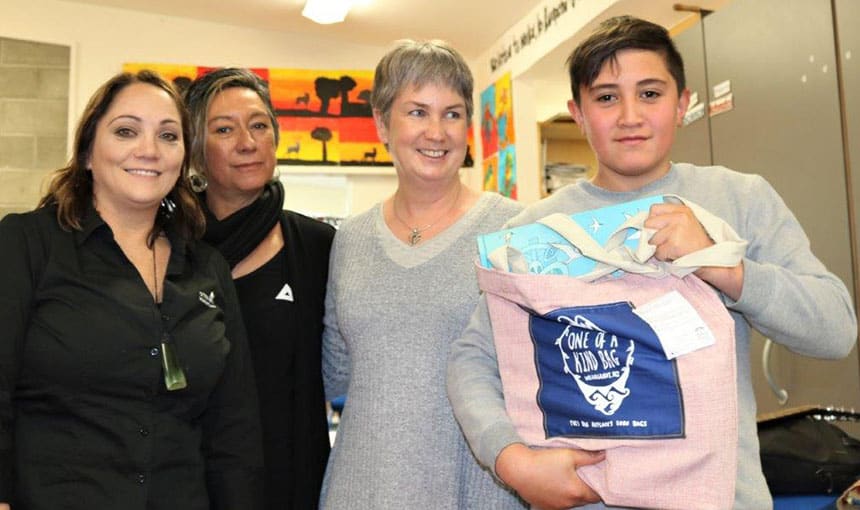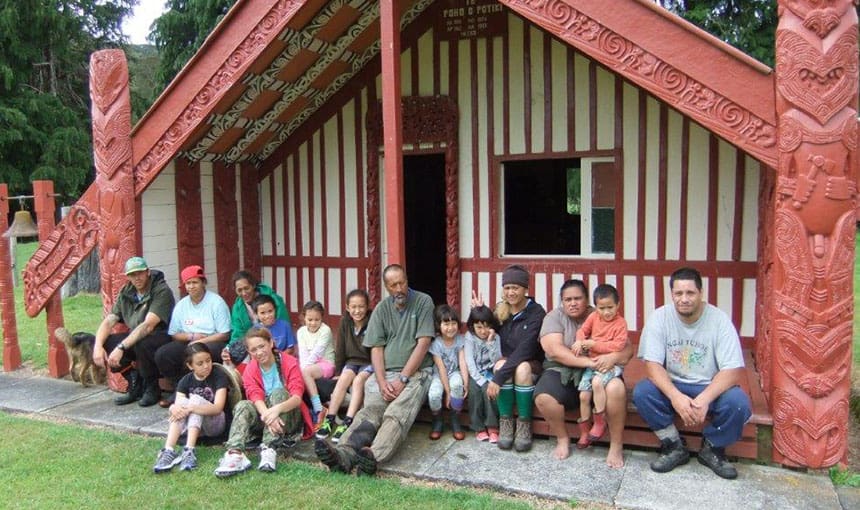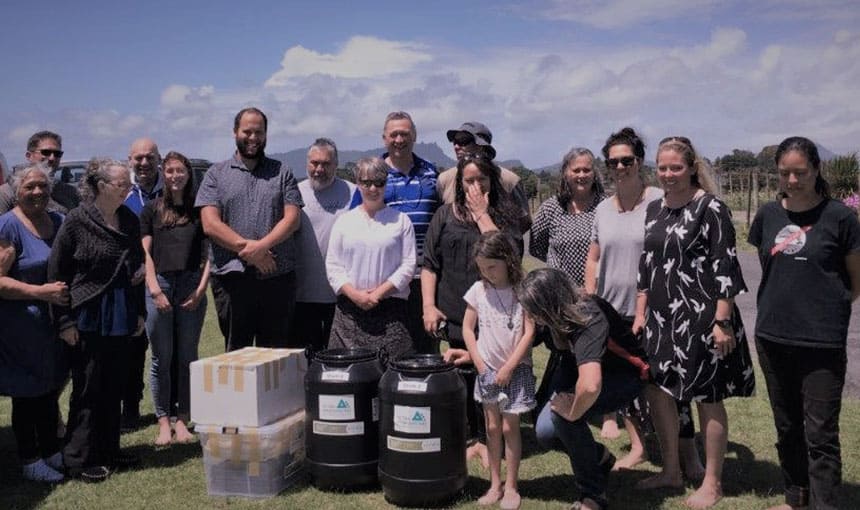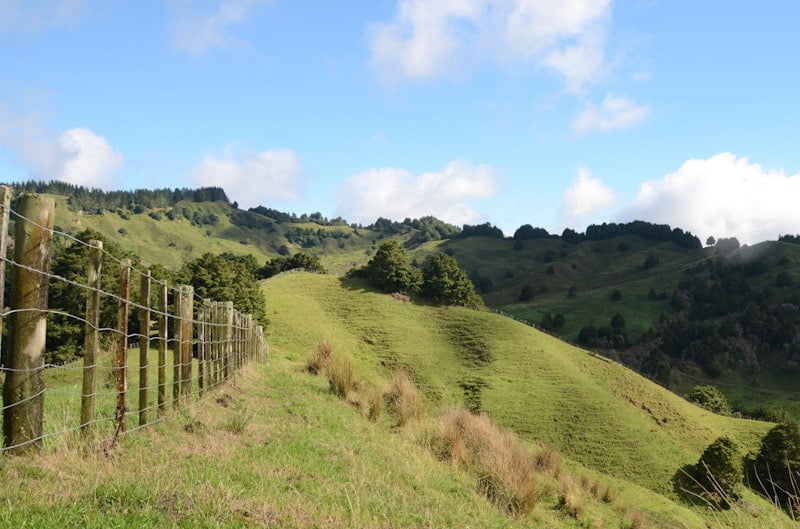Mātauranga Māori For Biological Heritage
Kaumātua- (elder) led research that puts Māori methods and mātauranga (knowledge) first is a key part of restoring Aotearoa New Zealand’s land and freshwater ecosystems.
Whakamanahia ngā mātauranga o nehe hai oranga tangata, oranga taiao
Kaumātua- (elder) led research that puts Māori methods and mātauranga (knowledge) first is a key part of restoring Aotearoa New Zealand’s land and freshwater ecosystems.
This is the fundamental concept behind this project, facilitated by Cawthron Istitute’s Dr James Ataria and BioHeritage Kaihautū Ngātahi Māori Melanie Mark-Shadbolt.
The team is co-designing their research with kaumātua (Maōri knowledge-holders) and end-users.
“We want the application of this approach to, firstly, restore and future-proof the pre-colonial transfer of mātauranga Māori. Secondly, to contribute to achieving BioHeritage’s mission of reversing the decline of Aotearoa’s biological heritage,” James says.
Overview Te Tirohanga Whānui
- Restore and futureproof the pre-colonial transfer of mātauranga Māori
- Contribute to the BioHeritage Challenge mission: to reverse the decline of New Zealand’s biological heritage
Highlights Ngā Mahi Whakahirahira
The real impact of this project has been the empowerment of biodiversity knowledge-holders to lead and guide research.
Giving them space and place to kōrero (talk) about the issues they are facing in maintaining and transferring their mātauranga has been invaluable and feedback has been overwhelmingly positive.
In fact we have found our knowledge holders to be extremely open because the process has been tika (right).
Looking for more information?
If you’re looking for any outputs (papers, data etc) from this project that you don’t see on this page please visit our data repository.
Team Members Ngā kaimahi
- James Ataria – Rongomaiwahine, Ngāti Kahungunu, Ngāti Tūwharetoa; Cawthron Institute
- Melanie Mark-Shadbolt – Ngāti Kahungunu, Ngāti Porou, Te Arawa, Te Āti Awa, Ngāti Raukawa, Ngāti Tūwharetoa
- Simon Lambert – Tūhoe, Ngāti Ruapani ki Waikaremoana; University of Saskatchewan



